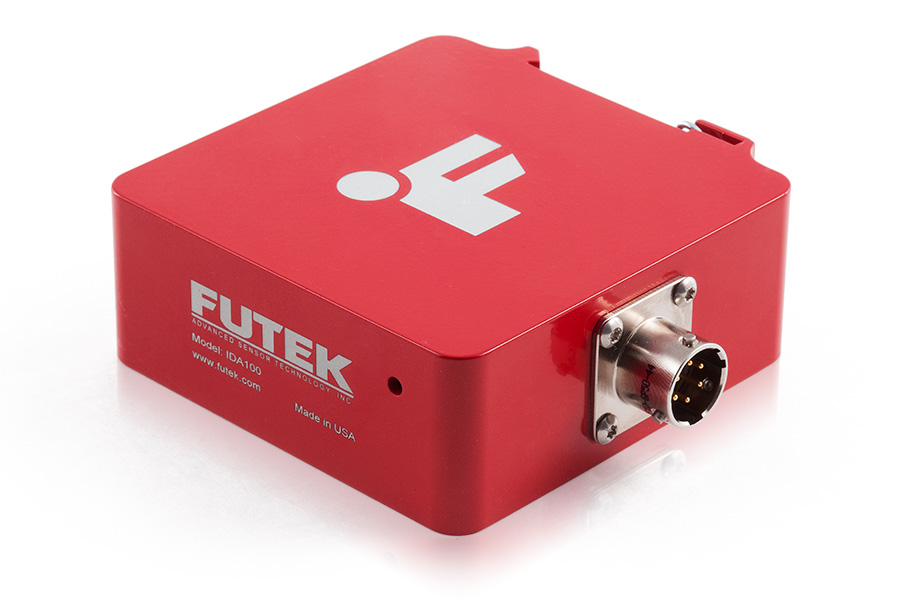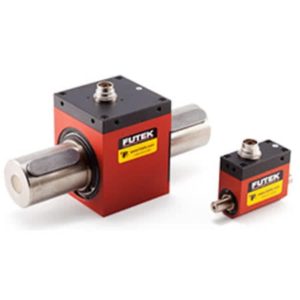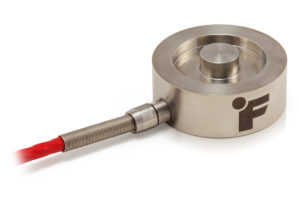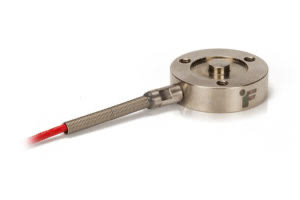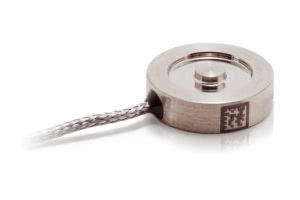USB Strain Gauge Amplifier IDA100 – High-Performance Signal Processing for Precise Measurements
The IDA100 USB Strain Gauge Amplifier is a versatile and high-performance signal conditioning device. Designed to convert low-level strain gauge signals into precise, usable data. Its advanced signal processing capabilities, combined with USB connectivity, make it ideal for applications. Such as industrial automation, research laboratories, and load testing environments.
With both analog and digital output options, the IDA100 amplifier ensures seamless integration with various systems, including PLCs (Programmable Logic Controllers), data acquisition systems, and test rigs. The device excels in environments requiring high accuracy and reliable performance, making it a preferred solution for professionals in the field.
Key Features of the IDA100 USB Strain Gauge Amplifier
High-Precision Signal Conditioning
- The IDA100 amplifies and conditions low-level strain gauge signals with exceptional accuracy, ensuring minimal noise and reliable data output.
- Ideal for measuring minute changes in strain, it provides accurate readings even in demanding industrial settings.
Dual Output Options
- Analog Output: Provides real-time analog signals for direct connection to PLCs and monitoring systems.
- Digital Output via USB: Enables direct data logging and analysis on a PC or laptop without the need for additional converters.
Plug-and-Play USB Connectivity
- USB connectivity simplifies integration with data acquisition systems and eliminates the need for external power supplies or complex wiring.
- The device supports hot-swapping, allowing quick setup and easy replacement.
Compact and Durable Design
- Designed for harsh industrial environments, the IDA100 features a robust enclosure that ensures durability and longevity.
- Its compact form factor makes it suitable for both portable and fixed installations.
Wide Compatibility
- Compatible with a range of strain gauge sensors, including load cells, torque sensors, and pressure sensors.
- Supports various applications, from structural health monitoring to material testing.
How the IDA100 Amplifies and Conditions Strain Gauge Signals
Strain gauges produce very low-level electrical signals when subjected to mechanical strain. These signals must be amplified and conditioned. Before they can be processed by monitoring or control systems. The IDA100 performs this critical function by:
- Detecting minute signal changes from strain gauges.
- Amplifying the signals to a measurable level.
- Conditioning the signals to remove noise and enhance accuracy.
- Outputting the signals in both analog and digital formats for further processing.
This high-performance signal processing ensures that users get accurate, reliable data for decision-making and control.
Common Applications of the IDA100
- Industrial Automation
- The IDA100 is widely used in industrial environments for real-time monitoring and control of machinery. It interfaces seamlessly with PLCs and other industrial systems.
- Load Testing and Material Testing
- In research and development labs, the IDA100 provides precise strain measurements during load and material testing, ensuring accurate evaluation of mechanical properties.
- Structural Health Monitoring
- The amplifier is employed in structural health monitoring systems to measure strain in bridges, buildings, and other critical infrastructure.
- Force and Torque Measurement
- Ideal for use with load cells and torque sensors, the IDA100 ensures precise force and torque measurements in various applications.
Why Choose the IDA100 USB Strain Gauge Amplifier?
- High Performance: With its advanced signal conditioning capabilities, the IDA100 delivers precise, noise-free measurements.
- Ease of Use: Plug-and-play USB connectivity simplifies setup and integration.
- Versatility: Suitable for a wide range of applications, from industrial automation to research and development.
- Reliability: Built to withstand harsh environments, the IDA100 offers long-lasting performance.
Technical Specifications
See brochure attached for full Technical Specifications.
Optimised for Industrial and Research Applications
Whether you’re integrating strain gauge signals into a PLC for real-time machine monitoring. Or conducting load tests in a research lab, the IDA100 USB Strain Gauge Amplifier offers a reliable, high-performance solution. Its ability to provide both analog and digital outputs ensures compatibility with a wide range of systems, making it a versatile tool for engineers and researchers.
For more information on the IDA100 USB Strain Gauge Amplifier, or to request a quote, contact us today.
FAQs
Q: Can the IDA100 be used with any strain gauge sensor?
A: Yes, the IDA100 is compatible with most full-bridge strain gauge sensors, including load cells, pressure sensors, and torque sensors.
Q: Does the IDA100 require an external power supply?
A: No, the IDA100 is USB-powered, which simplifies setup and eliminates the need for an additional power source.
Q: What makes the IDA100 suitable for industrial applications?
A: The IDA100 features high-precision signal conditioning, robust construction, and dual output options, making it ideal for demanding industrial environments.
Q: Can I use the IDA100 for dynamic measurements?
A: Yes, the IDA100 can handle dynamic strain measurements, making it suitable for applications involving rapidly changing forces or loads.
By enhancing the precision and ease of use in strain gauge signal processing, the IDA100 USB Strain Gauge Amplifier provides a dependable solution for industrial and research applications alike.
For more information about the FUTEK IDA100 and its applications, please contact us
Models Available: USB Strain Gauge Amplifier with Digital and Analog Outputs IDA100
Item | Output Type | Input Type | Mounting Type | Height in cm | Length in cm | Width in cm | IP Rating |
FSH03912 | Display, USB VDC | mV/V | Din Rail Inline | 9 cm | 8.43 cm | 3.28 cm | IP20 |
| QSH01779 | Display, USB VDC | mV/V | Din Rail Inline | 9 cm | 8.43 cm | 3.28 cm | IP20 |
